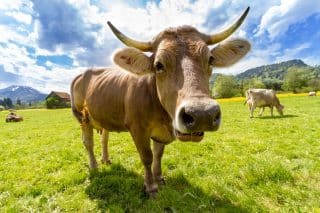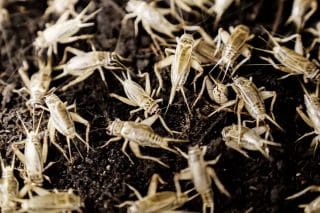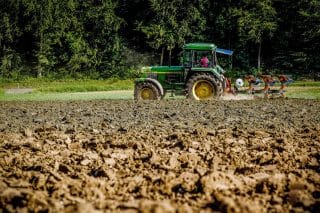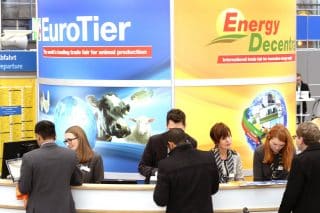Singapore-based entrepreneur Mr. Sim Eng Tong, CEO of Biomax Technologies, has created what could be a solution to two of the world’s most pressing challenges: food waste and rapidly declining soil health. In just 24 hours, the Rapid Thermophilic Digestion System breaks down organic waste and turns it into rich, organic fertilizer that improves soil health and structure. Technology like this could help farmers in both industrialized and developing nations turn a problem into a solution.
According to the Food and Agricultural Organization of the United Nations (FAO), roughly one third of food produced for human consumption is lost or wasted each year. Totaling 1.3 billion tonnes, global food waste amounts to roughly US $680 billion in industrialized countries and US $310 billion in developing countries. Fruits, vegetables, roots and tubers make up most of that waste.
While solutions are certainly needed to lower food waste, Mr. Sim’s solution could be used to address another staggering figure regarding world soil health. According to FAO, approximately 33% of the world’s soils are degraded and deteriorating at an alarming rate. Fertilizer high in organic matter could be used to build soil health and structure.
A Viable Solution
Having worked in the food industry for many years, Mr. Sim became increasingly concerned about food waste. Together with Biomax CTO Dr. Puah Chum Mok, he explored the idea of developing a viable solution. After many years of testing and experimenting, the two found success in 2009 and immediately set up Biomax Holdings Pte Ltd.
The Rapid Thermophilic Digestion System uses Biomax-designed BM1 enzymes, which operate under thermophilic conditions to rapidly break down waste. Thermophiles are organisms that thrive in extreme environments between temperatures of 41–122°C.
“It is easy to operate and mostly automated,” Mr. Sim explained in a recent interview with AgriExpo e-Magazine. “It takes 24 hours from input to output. The per-batch process runs at over 80°C. The high temperature can kill all pathogens.”
After 24 hours, the output is a high-quality organic fertilizer with no smell and no pathogens,” he continued. “Its organic matter can reach 60–70%.”
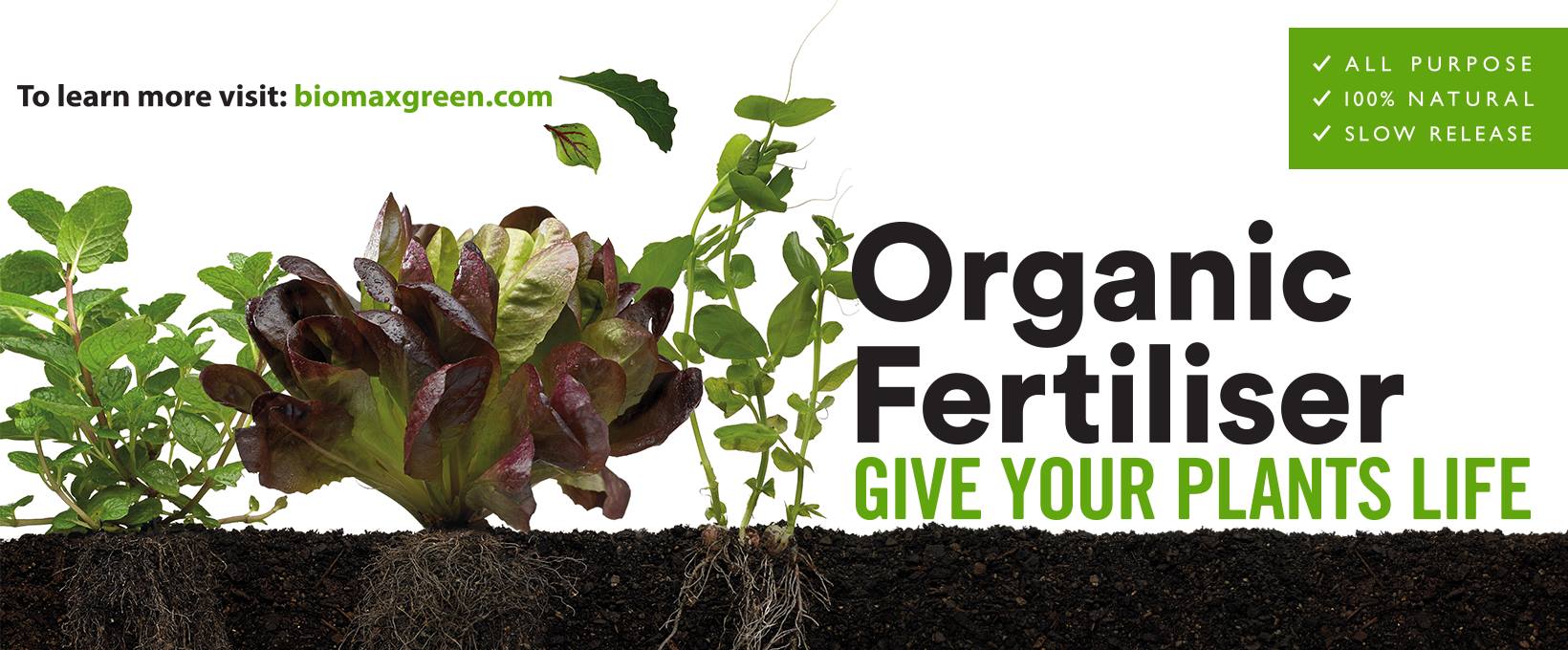 Recently, Biomax partnered with Bellellen Grampians Organics in Australia to compare Biomax certified organic fertilizer produced with a key competitor’s organic pelletized fertilizer in garlic production. On both test plots, the fertilizer was applied at the same rate of 100 grams per square meter. Both plots received the same amount of light and water, and no other fertilizers or conditioners were added. A visual inspection three weeks from harvest revealed that the Biomax-treated plants had grown to triple the size of the garlic treated by the competition’s fertilizer. According to Mr. Sim, the Australian farmers were so impressed that they’ve decided to adopt the technology on their farm full time. Complete trial results will be available soon.
Recently, Biomax partnered with Bellellen Grampians Organics in Australia to compare Biomax certified organic fertilizer produced with a key competitor’s organic pelletized fertilizer in garlic production. On both test plots, the fertilizer was applied at the same rate of 100 grams per square meter. Both plots received the same amount of light and water, and no other fertilizers or conditioners were added. A visual inspection three weeks from harvest revealed that the Biomax-treated plants had grown to triple the size of the garlic treated by the competition’s fertilizer. According to Mr. Sim, the Australian farmers were so impressed that they’ve decided to adopt the technology on their farm full time. Complete trial results will be available soon.
Complete trial results will be available soon.
Perhaps what makes the Rapid Thermophilic Digestion System most appealing, though, is the wide variety of waste it can handle. It will break down agricultural (sugarcane, palm oil, grain husks and fruit pulp) and livestock waste (manure, slaughter and processing waste, and egg processing waste), as well as municipal food and horticultural waste.
Digester sizes range from 500 kg to 50 tonnes. The 50-tonne version costs around USD $1 million; the 500 kg version costs less than USD $100,000. Smaller-sized machines can be custom made to fit the needs of their clients.
Biomax Holdings Pte. Ltd. holds intellectual property rights and patents for both the machine and the enzymes in 23 countries around the world.
